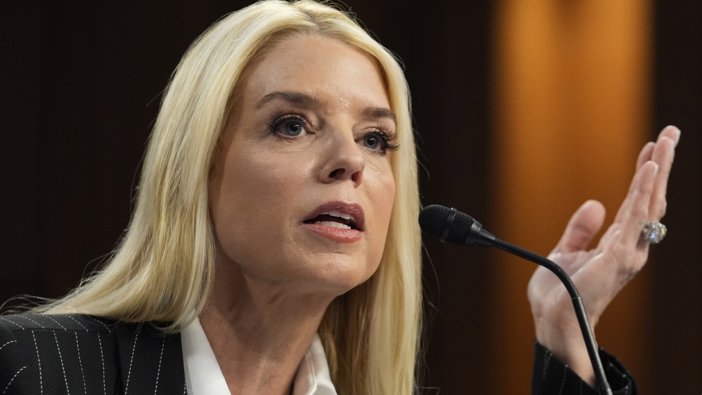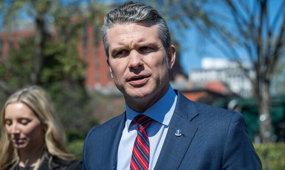
AG Seeks Death Penalty in UHC CEO Murder Case
United States Attorney General Pam Bondi announced on Tuesday that she has formally urged federal prosecutors to pursue the death penalty in the case against Luigi Mangione, who is accused of murdering UnitedHealthcare CEO Brian Thompson. The move signals the gravity with which the federal government is treating the case, which has drawn national attention.
Bondi described the incident as a "premeditated, cold-blooded assassination that shocked America" and classified it as an act of political violence. In her official statement, she noted that Mangione's actions involved "substantial planning and premeditation," adding that the murder was carried out in a public setting, placing bystanders at grave risk.
Luigi Mangione has pleaded not guilty to multiple charges, including first-degree murder, murder in furtherance of terrorism, criminal possession of a weapon, and stalking. If convicted on federal charges, he could face the death penalty, despite the fact that New York State abolished capital punishment. The federal jurisdiction allows for the death penalty in specific circumstances, especially when terrorism or public safety risks are involved.
The murder of Brian Thompson, a prominent healthcare executive, has sent shockwaves through the business and political communities. Authorities have not released full details of the motive, but the U.S. Department of Justice is treating the case as both criminal and politically charged.
The decision to seek capital punishment underscores the administration’s tough stance on politically motivated violence and terrorism-related crimes. "This act of violence was not just personal; it was public and deliberate," Bondi emphasized, reiterating the importance of deterrence and justice for such acts.
The case is expected to go to trial in federal court, where the prosecution will likely focus on Mangione’s alleged intent, planning, and the public nature of the killing. If convicted, the court will also evaluate aggravating factors that could justify a death sentence under federal law.
Legal experts anticipate a lengthy and high-profile trial, with implications for both federal criminal justice policy and the broader national discourse on politically motivated violence. More information is expected as the trial proceedings continue in the coming weeks.






